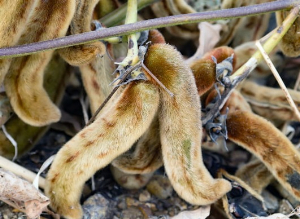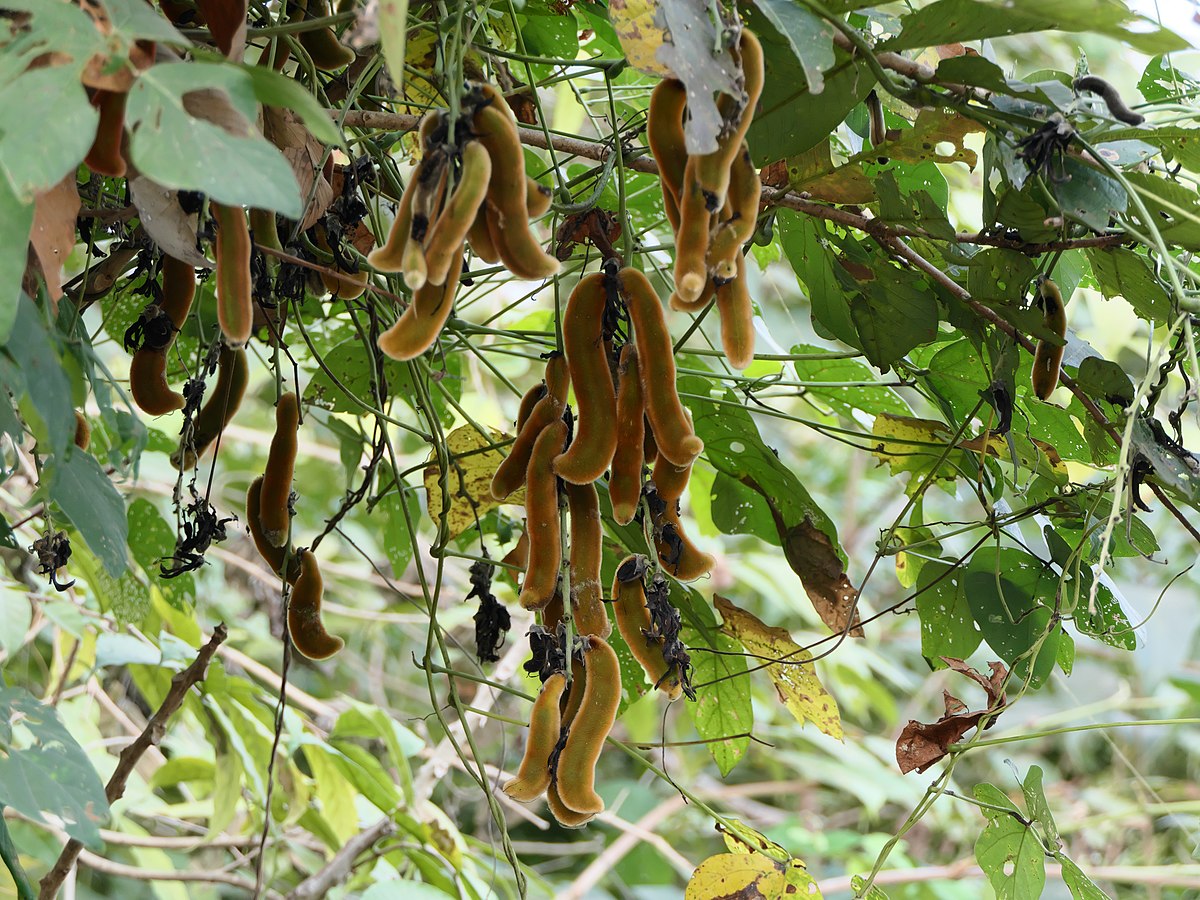Mucuna pruriens : what are the benefits for Parkinson's disease?
Published Sep 3, 2023 • By Candice Salomé
Parkinson's disease is a neurodegenerative disorder characterized by tremor in the limbs, slowness of movement and muscle stiffness. These symptoms result from a progressive decline in dopaminergic neurons.
Treatments prescribed for Parkinson's disease aim to restore the normal levels of dopamine in the brain. There are several types of drug treatment with different mechanisms and methods of administration.
But there is also a plant, mucuna pruriens, which has a high concentration of L-DOPA, an amino acid that is a precursor of dopamine, and which may therefore have positive effects on Parkinson's disease.
So what is mucuna pruriens? What are its properties and how does it work? What are its effects on Parkinson's disease?
We explain it all in our article!

What is Parkinson's disease?
Parkinson's disease is the second most common neurodegenerative disease in the US, after Alzheimer's disease. It is a major cause of disability in the elderly. It rarely appears before the age of 45, and the possibility of getting the disease increases with age, with a peak in prevalence between 85 and 89 years old.
Parkinson's disease is characterized by the destruction of dopamine neurons in the substantia nigra of the brain. Dopamine is a neurotransmitter involved in the control of numerous functions such as voluntary movement, cognition and motivation.
Parkinson's disease develops slowly and progressively. Patients generally remain asymptomatic until 50-70% of the dopamine neurons have been destroyed. Before this happens, the brain compensates for the drop in dopamine by plasticity processes (the brain's ability to recover and restructure itself), which allow the brain to function normally.
When the brain is no longer able to compensate for the loss of dopamine, three major motor symptoms appear:
- Akinesia: difficulty in initiating movement, associated with slowness,
- Hypertonia: the rigidity of the limbs,
- Tremor, which typically occurs at rest.
These symptoms do not necessarily occur at the same time and do not necessarily have the same intensity. Nevertheless, as the disease progresses, it can have a significant impact on patients' personal and professional lives, as well as on their quality of life in general.
Treatments exist to improve quality of life, but they cannot stop the progression of the disease, which varies with each patient and depends on many factors.
What is mucuna pruriens?
Mucuna pruriens is a climbing plant that grows in tropical regions of India, Central America and Africa.

Mucuna pruriens is widely used in Ayurvedic medicine (traditional Indian medicine) for its many benefits in improving the muscle tone and libido.
Although little known in Europe, it is beginning to attract the interest of neurologists and is gradually taking its place among the wide range of herbal medicines. It stimulates the synthesis of dopamine, known as the 'happiness hormone'. Dopamine is a neurotransmitter that plays a very important role in different body processes. When its levels are low, fatigue, sleep disorders, mood disorders, nervous imbalance and lack of motivation appear.
What's more, mucuna pruriens naturally contains levodopa, also known as L-Dopa. This molecule acts as a precursor to dopamine. When used as a treatment, mucuna pruriens helps to regulate dopamine levels, thereby boosting mood, motivation and emotional management. It also helps to combat stress and anxiety naturally.
Its high concentration of L-Dopa makes mucuna pruriens useful in the treatment of Parkinson's disease.
How exactly can mucuna pruriens help with the treatment of Parkinson's disease?
Parkinson's disease is characterized by the progressive destruction of dopamine neurons, leading to the symptoms mentioned above.
Thanks to its high concentration in L-Dopa, mucuna pruriens can be recommended in the treatment of Parkinson's disease. L-Dopa is in fact the most effective substance used in the treatment of Parkinson's disease.
A number of studies have demonstrated the efficacy of mucuna pruriens in the treatment of Parkinson's disease. Taking a single dose offers advantages over synthetic L-Dopa, combined with a dopa decarboxylase (DDC) inhibitor. On the one hand, mucuna pruriens acts rapidly, due to better bioavailability. And on the other hand, the duration of action of mucuna pruriens is longer than that of reference medicines, which means that patients are less likely to experience sudden changes in dyskinesia and other parkinsonian symptoms.
However, given the paucity of studies on humans, it remains difficult to determine whether levodopa of natural origin has a greater or lesser effect than synthetic levodopa. It should be borne in mind that with mucuna pruriens, it is a combination of molecules that is administered, contrary to the reference treatment.
Mucuna pruriens is generally well tolerated. However, its dosage can be problematic. Mucuna pruriens powder may not always contain the same amount of active substance (L-Dopa). The same applies to all plant products.
At present, very few studies have been carried out on humans. Before changing your reference treatment, talk to your doctor.
Was this article helpful to you?
Give it a "Like" and share your thoughts and questions with the community in the comments below!
Take care!
Sources :
Maladie de Parkinson - Deuxième maladie neurodégénérative la plus fréquente, Inserm
Qu’est-ce que la maladie de Parkinson ?, France Parkinson
Édouard Gachet. Le mucuna pruriens et ses propriétés dopaminergiques. Sciences pharmaceutiques. 2017. ffdumas-02000271
Mucuna et dopamine, la plante ayurvédique du bien-être, Le Mag Naturalforme
Katzenschlager R. et al., Mucuna pruriens in Parkinson’s disease : a double blind clinical and pharmacological study; J Neurol Neurosurg Psychiatry, 2004
Manyam B.V. et al., Neuroprotective effects of the antiparkinson drug Mucuna pruriens, Phytother Res., 2004
Produits naturels et la maladie de Parkinson, Prof. ém. Dr méd. Mathias Sturzenegger
Le pois mascate, un espoir pour Parkinson, Soignez-vous !
Comments
You will also like

Aggression in Parkinson's disease patients: causes, manifestations and solutions
Apr 17, 2024 • 7 comments

Parkinson's disease: "The disease progresses, but I am and will be stronger than it!"
Jan 12, 2022 • 6 comments

Parkinson's disease: "I managed to reverse the progress of my Parkinson's disease".
Feb 5, 2021 • 8 comments

 Facebook
Facebook Twitter
Twitter